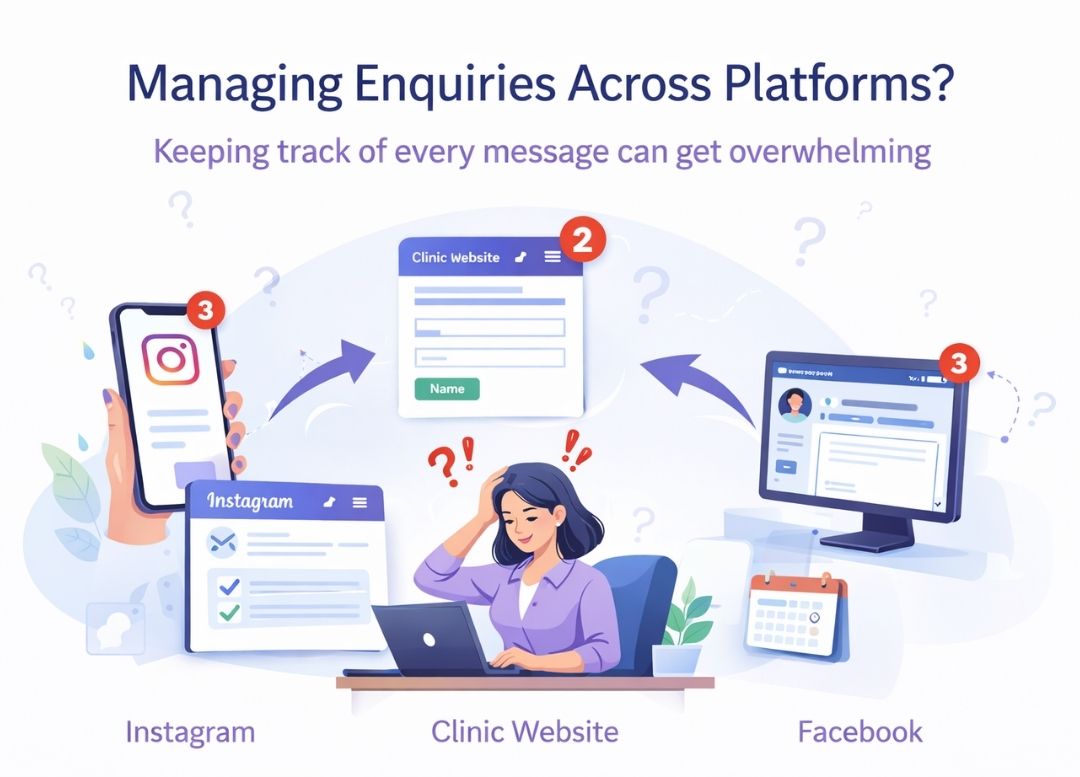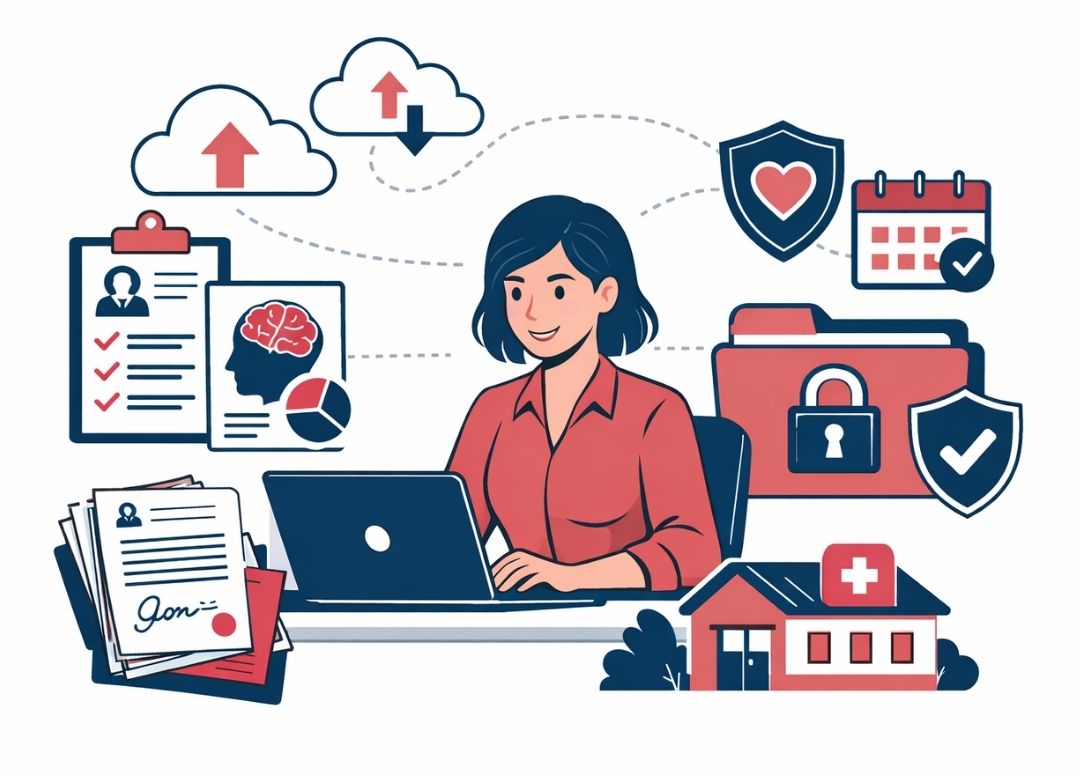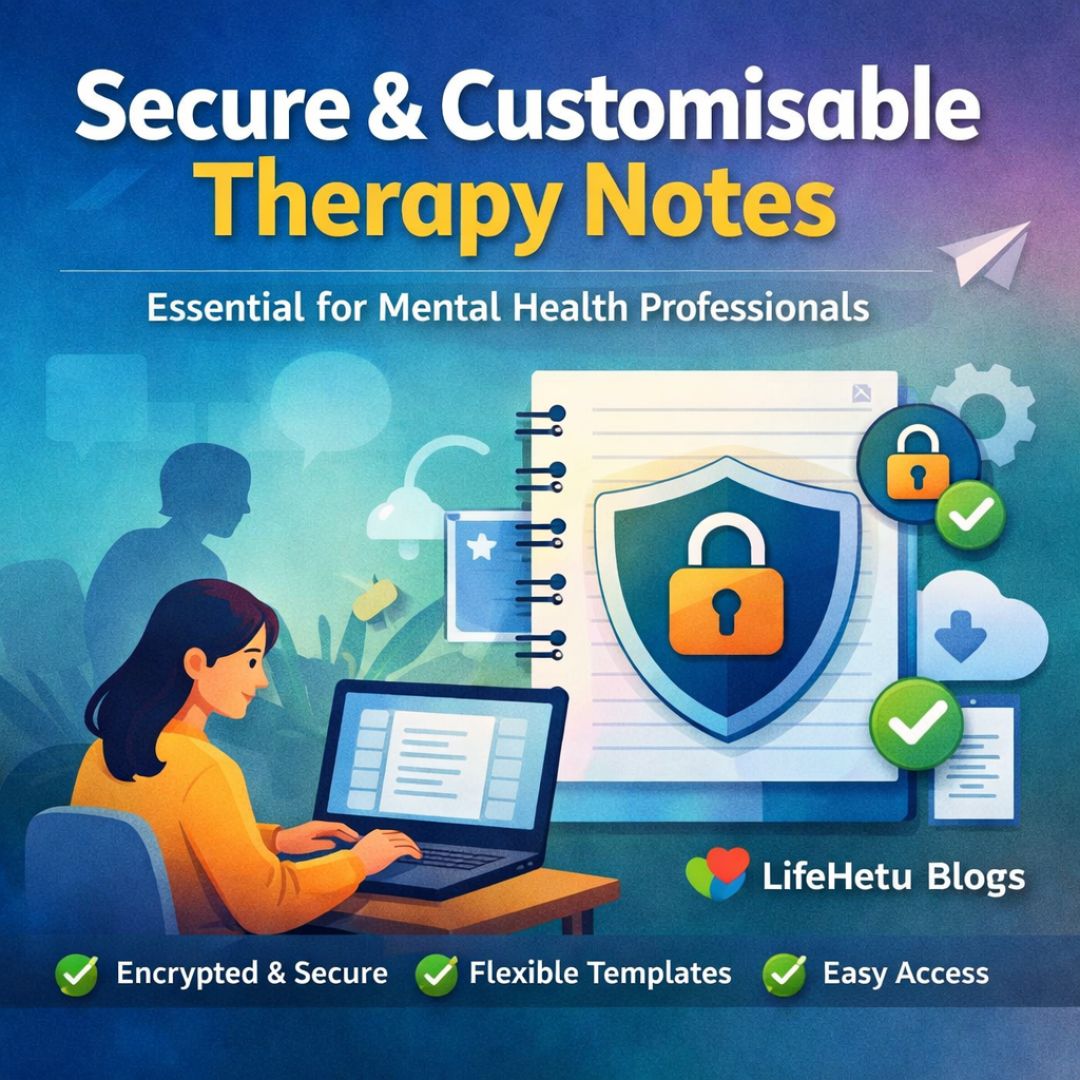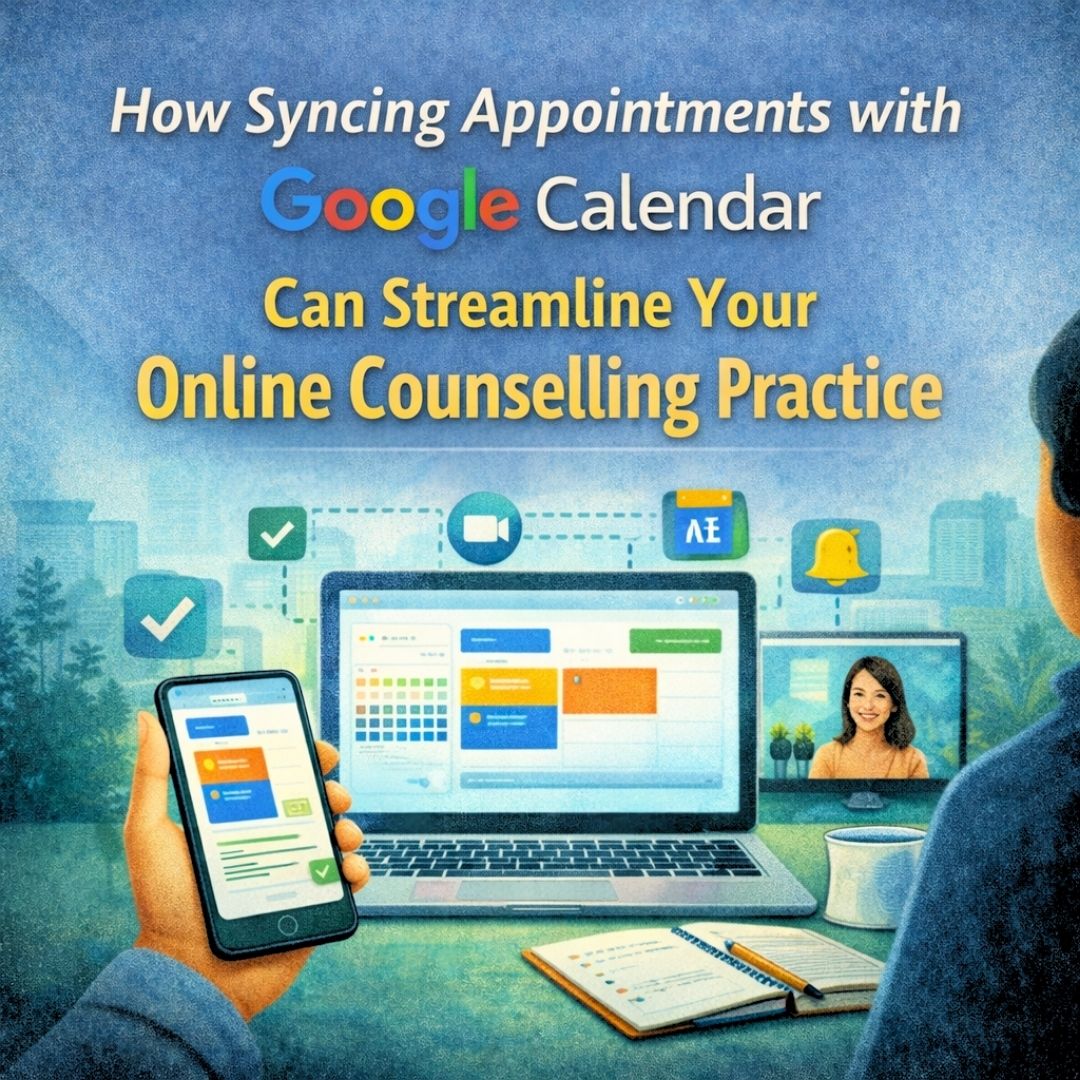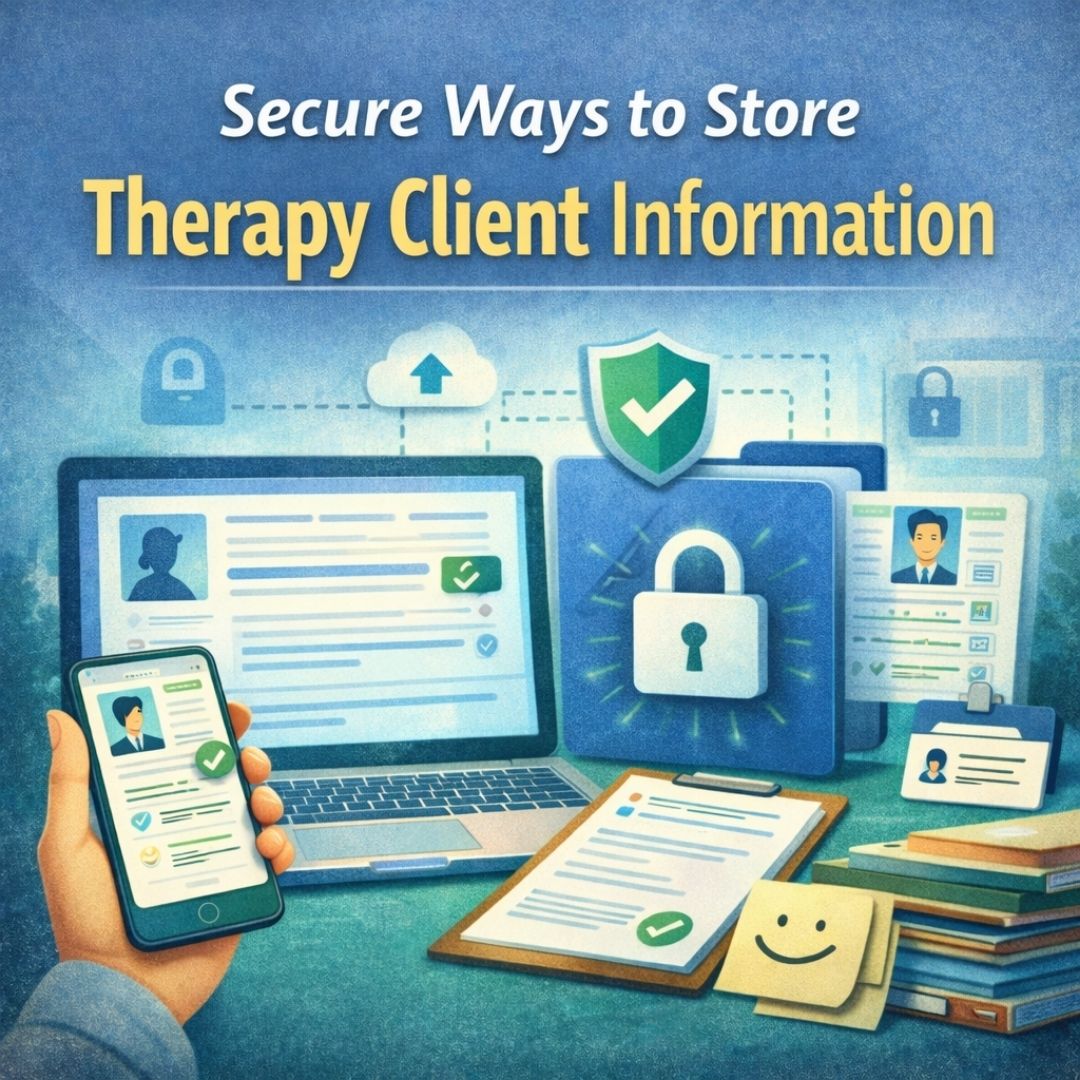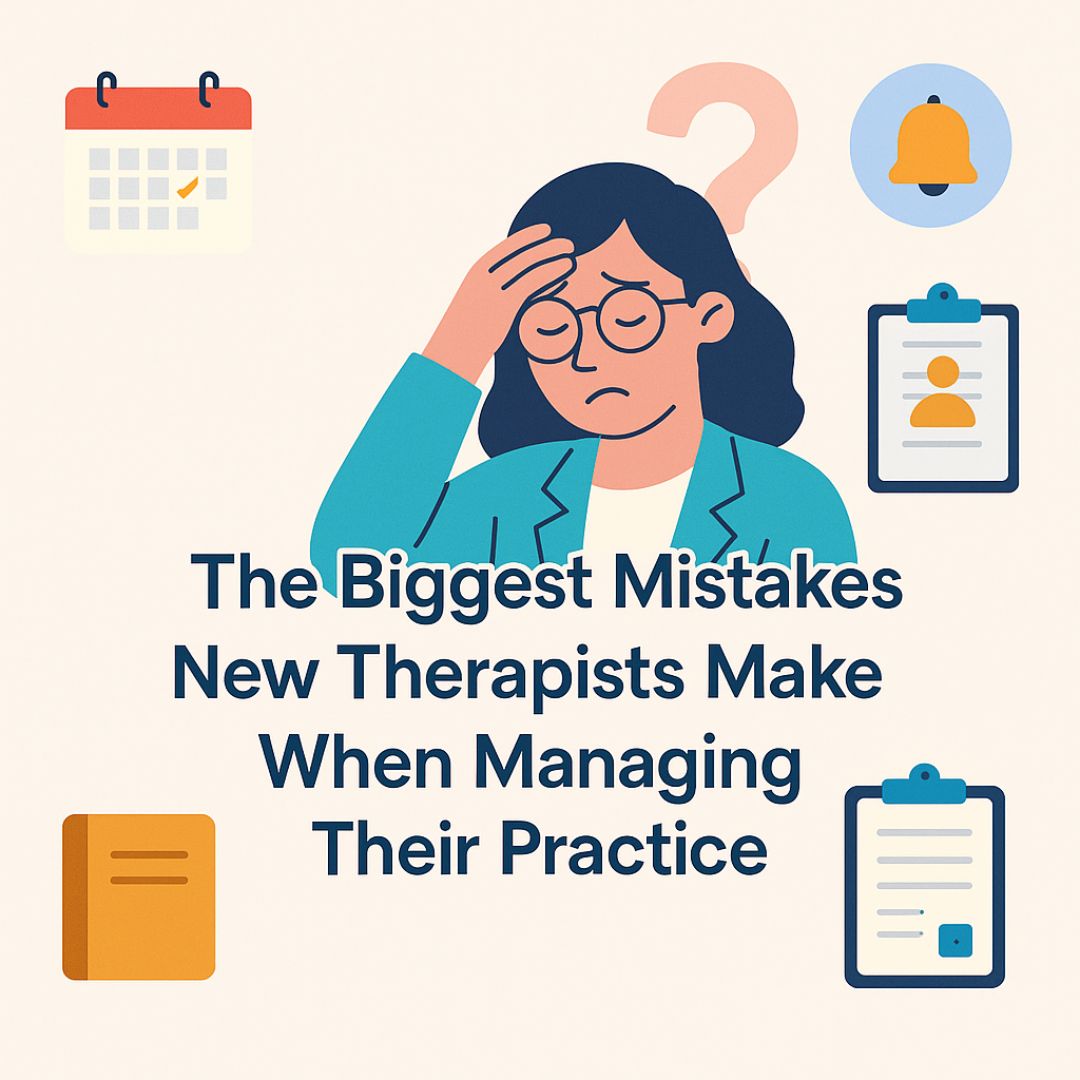Showcasing Your Services How to Effectively Present Your Mental Health Expertise Online
Through the adoption of technology, the development of a robust online community, and constant adaptation to the dynamic digital environment, mental health practitioners can enhance their reach and leave a lasting impression on individuals in need of mental health assistance.
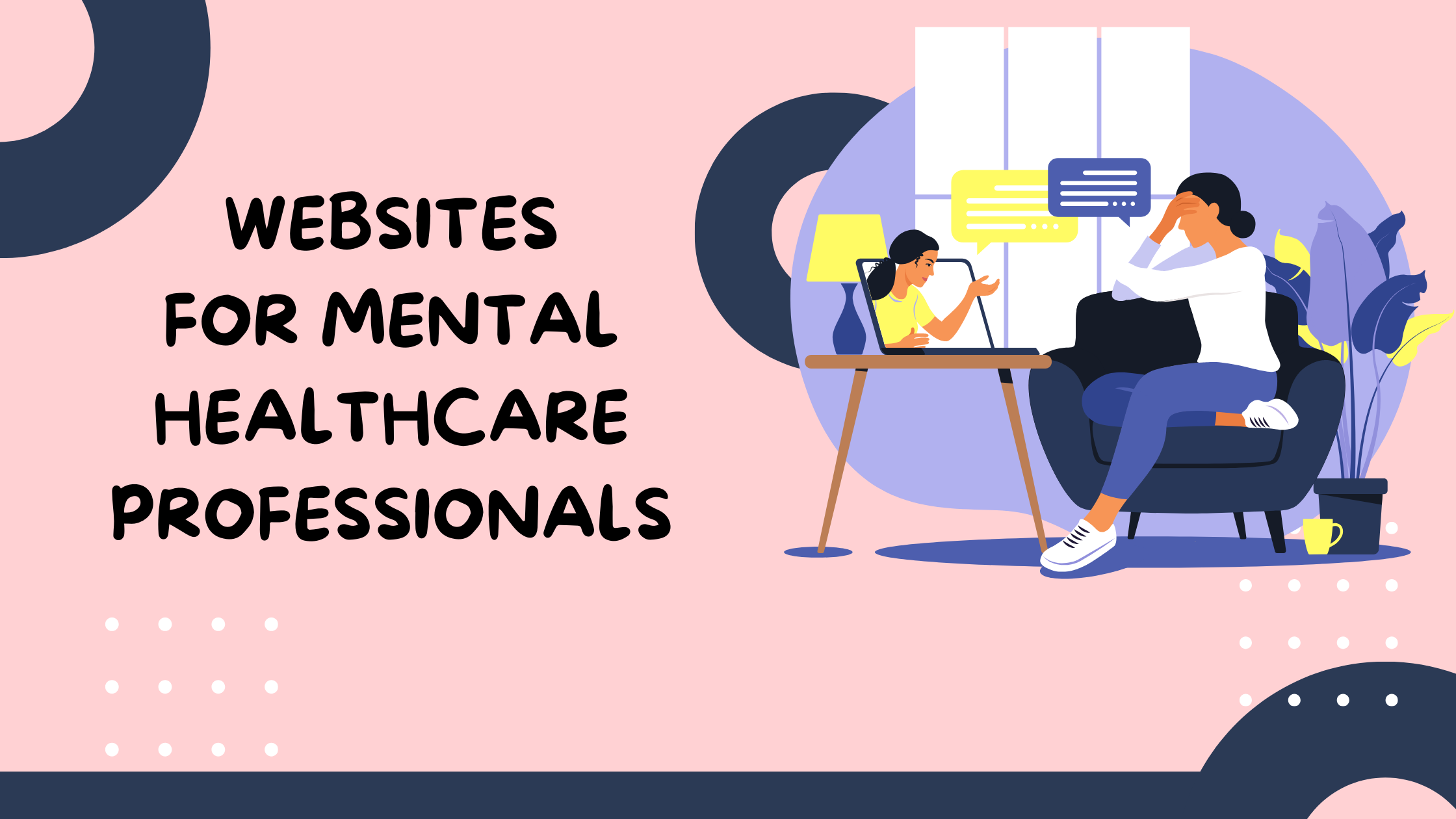
On this page
Jump to sections
Mental health professionals in the modern digital era encounter the difficulty of being recognized in a crowded online marketplace. The need for mental health services is only going to increase, thus it's critical to successfully showcase your expertise. This thorough article examines the strategies, guidelines, and resources needed to offer your mental health services on the internet in a way that inspires trust and engages viewers.
Recognizing Your Target:
- Determining the Target Population:
Mental health professionals should identify their intended audience before stepping foot online. Take into account variables like age, gender, geography, and particular mental health issues. Creating an online presence that speaks to your target audience will increase interaction and build relationships. - Establishing Trust:
The foundation of every fruitful therapeutic relationship is trust. Building trust is even more important when it comes to online transactions, where in-person interactions are limited number. Display your credentials, recommendations, and any relevant expertise in a visible manner on your website. To further establish credibility, think about adding professional certificates and associations.
Developing a Professional Website:
- Developing a User-Friendly Design:
The foundation of your online presence is a well-designed, user-friendly website. Make sure the content is clear, simple, and easy to navigate. Use responsive design to improve the user experience by enabling users on different devices. - Creating Captivating Content:
Your website's content is its foundation. Provide enlightening and engaging material that highlights your expertise, offers helpful advice, and discusses prevalent mental health concerns. Maintaining a blog on a regular basis increases the search engine exposure of your website while also demonstrating your devotion to it. - Emphasizing Specializations:
On your website, specify your areas of specialization in detail. It's helpful to prospective clients to know that you specialize in specific areas, such as anxiety, depression, relationship problems, or other issues, so they can understand how you might address their particular needs.

Utilizing Social Media Effectively:
- Choosing the Right Platforms:
Social media platforms are not made similarly. Choose social media platforms that correspond with your intended audience. LinkedIn and Twitter are great for business networking, but Instagram and Pinterest might be better for visual material. Take into account the distinct advantages of every platform and adjust your material accordingly. - Consistent Branding:
Ensure that your branding remains consistent on all social media sites. A consistent and recognized online presence can be achieved by using the same bio, profile photo, and color scheme. Maintaining a consistent brand enhances your professional reputation and fosters trust. - Engaging with Your Audience:
Use direct messages, comments, and interactive material to actively engage your audience. Creating a community improves the chance that prospective customers will come out to you for help and builds trust. Address questions and feedback in a timely and genuine manner to demonstrate your dedication to customer satisfaction.
Incorporating Multimedia Elements:
- Video Content:
Use video to establish a personal connection with your viewers. Make introductory videos, provide opinions, and have online Q&A sessions. Video material makes you seem more approachable and comfortable for prospective clients, which makes the process of selecting you easier. - Podcasting:
A new medium for sharing information is podcasting. To explore pertinent subjects, speak with professionals, and offer insightful analysis, think about launching a podcast about mental health. With podcasts, you may reach a wider audience and present your expertise in an engaging and easily accessible manner. - Webinars and Online Workshops:
Organizing webinars and online workshops enables you to communicate in real time with your audience, answering their questions and offering insightful feedback. This real-time conversation gives your online presence a more human touch and creates a feeling of community.
Search Engine Optimization (SEO) Strategies:
- Keyword Optimization:
In order to improve search engine rankings, choose and use pertinent keywords in all of your online material. Utilize resources such as Google Keyword Planner to identify terms that are relevant to your intended audience. When prospective customers search for mental health services, your website will appear more prominently thanks to careful keyword placement. - Local SEO:
Make sure your website is searched for locally optimized if you provide in-person services. To be more visible to local customers, include your location in Google My Business, website content, and meta tags. For the purpose of drawing clients looking for in-person treatment or counselling, local SEO is extremely important. - Quality Content and Backlinks:
Create shareable, aesthetically pleasing material that positions you as an expert in your industry. In order to improve your content's search engine rankings, ask trustworthy websites to link to it. Publishing worthwhile information on a regular basis draws users.
Including Platforms for Online Therapy:
- Joining Reputable Platforms:
To increase your reach, consider the possibility of joining recognized online therapy platforms. Experts in mental health and those in need of support are connected through websites for mental healthcare professionals such as BetterHelp and Talkspace. Participating in these platforms can help you reach a wider audience by improving your visibility. - Following Ethical Practices:
Respect confidentiality policies and uphold moral principles when using online treatment platforms. In your website and in your first client meetings, be sure to express your online therapy approach in plain terms. In the realm of online therapies, trust is mostly established through transparency and ethical behaviors.
Leveraging Technology's Power:
- Telehealth Services:
You can conduct therapy or counseling sessions from a distance by providing telehealth services. To protect client anonymity, choose safe and HIPAA-compliant video conferencing software. Provide a clear description of your telehealth services, including technical assistance and scheduling choices, on your website. - Mobile Apps and Chatbots:
Take into account developing or incorporating chatbots and mobile apps into your website. These technologies can help your clients even more by giving them access to resources, prompts, and a point of contact for short inquiries. Make sure that every technology is compliant with ethical standards and protects the privacy of clients.
Fostering an Online Community:
- Forums and Support Groups:
Start or join online mental health-related forums and support groups. Talk to those who are in need of assistance, share materials, and provide your perspective. Building a community on the internet not only demonstrates your expertise but also establishes you as a kind and approachable professional. - Partnerships and Collaborations:
Work together online with influencers, groups, and other mental health specialists. Forming partnerships might help you reach a wider audience and market your services to new markets. Take part in cooperative podcasts, webinars, or content collaborations to capitalize on collaborative expertise.
Monitoring and Adapting Your Online Presence:
- Analytics and Insights:
Keep an eye on your online platforms' insights and analytics on a regular basis. Recognize the material that appeals to your audience the most, the platforms that receive the most traffic, and the ways in which users engage with your website. Make use of this data to hone your strategies and concentrate on what functions the greatest. - Reviews and Feedback:
Invite clients to post reviews and feedback on your website or other pertinent places. Constructive feedback offers ideas for advancements, while positive reviews increase authenticity and trust. React to reviews in a professional manner, showcasing your dedication to client fulfilment.
Conclusion:
A comprehensive strategy that includes a user-friendly website, an active social media presence, multimedia material, SEO approaches, and moral online therapeutic practices is necessary to effectively showcase your skills in mental health online. Through the adoption of technology, the development of a robust online community, and constant adaptation to the dynamic digital environment, mental health practitioners can enhance their reach and leave a lasting impression on individuals in need of mental health assistance.
FAQs
Why is identifying a target audience important for mental health professionals online?
Identifying your audience by age, gender, location, and mental health issues helps tailor your online presence to boost engagement and build trust.How can a professional website enhance a mental health practice?
A user-friendly, responsive website with engaging content and specialized services increases visibility and credibility for potential clients.What are the best social media platforms for mental health professionals?
Platforms like LinkedIn and Twitter suit professional networking, while Instagram and Pinterest are ideal for visual content, depending on your audience.How can multimedia elements improve online engagement?
Videos, podcasts, and webinars create personal connections, showcase expertise, and make mental health professionals more approachable.What SEO strategies can boost a mental health website’s ranking?
Use keyword optimization, local SEO, and quality backlinks to improve search engine visibility for mental health services.How can telehealth services benefit mental health professionals?
Telehealth offers remote therapy with HIPAA-compliant tools, expanding reach and providing flexible scheduling for clients.Where can mental health professionals find resources to grow their online presence?
Explore professional tools and website solutions, and websites for psychologists to enhance your digital footprint.
On this page
Jump to sections
Related Reads. Similar Blogs to Check Out.
